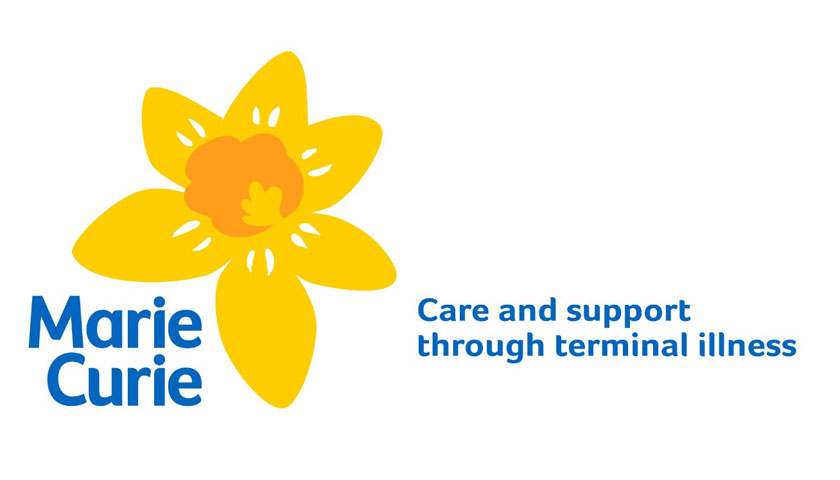New polling out recently reveals that around 20 million / over a third (38 per cent) adults agree[1] they do not know what end of life support and services are currently available in the UK, with half (50 per cent)[2] admitting they have given little thought to planning ahead if they were to receive a terminal diagnosis.
In response, Marie Curie, the UK’s leading end of life charity with a 75-year history, has partnered with Rough Guides to create the first ever UK ‘guidebook’ to end of life. The Rough Guide to the End of Life aims to help people navigate the end of life with guidance and information from Marie Curie. The charity aims to double the number of people it provides direct expert end of life care to by 2028 and highlight its services not only support those with advanced cancer, but any illness they are likely to die from including Alzheimer’s (and other forms of dementia), heart, liver, kidney and lung disease, motor neurone disease, and Parkinson’s.
Despite end of life being inevitable for all, 40 per cent[3] say they would not know how to access the information or services required to best support the needs of someone nearing their end of life. While two thirds (64 per cent)[4] state they would expect the NHS to refer them to all available resources if they were given a terminal diagnosis, however every five minutes someone dies in the UK without the care they need according to Marie Curie[5].
There is further confusion around where people can receive end of life care with 43 per cent[6] of people surveyed not knowing care can be received from home. In fact, Marie Curie provides end of life care to people in their own homes.
Available as a free downloadable guide at www.mariecurie.org.uk/withyou, The Rough Guide to the End of Life intends to help with ‘planning ahead’, offering tips on making a Will and sharing your preferences for your funeral to what to do with your social media and online accounts. It also provides supportive guidance on how to cope with feelings if you or a loved one are at the end of life stage, alongside guidance on bereavement and grief. The free guide also features relevant resources and organisations like Marie Curie who can provide support, and where and how to access end of life care when it is needed.
Maria Novell Chief Innovation, Income and Engagement Officer at Marie Curie says: “It’s heart-breaking when we hear that someone didn’t know Marie Curie could help them or their loved one with the end of life. Wherever you are and whatever the illness, Marie Curie is with you to the end and the leading end of life charity. The Rough Guide to the End of Life is a physical demonstration of the support and guidance we provide for many people and families. We hope it becomes an invaluable family resource that shows people who are affected by any terminal illness that we’re there for them. By being better prepared and knowing how to access the right care and support services, whether for you or a loved one, will help improve a person’s chance of having a good end of life experience.”
Kate Drynan, Senior Editor at Rough Guides says: “Our guides have supported millions of travellers over the decades, but we could not think of a more important journey than helping people to navigate their final chapter of life. We are proud to have partnered with Marie Curie on this important campaign and hope the first The Rough Guide to the End of Life gives support to many.”
To download the first The Rough Guide to the End of Life for free, visit the Marie Curie website www.mariecurie.org.uk/withyou
For more information about Marie Curie please visit: mariecurie.org.uk.
References:
[1] 38.13% (somewhat or strongly agree with the statement: I have no idea what services are available at the end of life) x 54,711,707 (ONS 2021 16+ midyear population estimate) = 20,861,574
[2] 50.32% somewhat or strongly agree the statement: I have given little thought to planning ahead if I were to receive a terminal diagnosis.
[3] 40.23% somewhat or strongly agree the statement: I have no idea how to access the services for someone nearing the end of their life.
[4] 63.67% somewhat or strongly agree the statement: If I were given a terminal diagnosis, I would expect the NHS to refer me to all available resources.
[5]: Currently, every five minutes, someone dies without the care and support they need: How many people need palliative care (Marie Curie report)
[6] Inverse figure of those who selected ‘At home’ when asked: Where, if anywhere, do you believe people can receive end of life care? (Tick all that apply) (56.97%)


